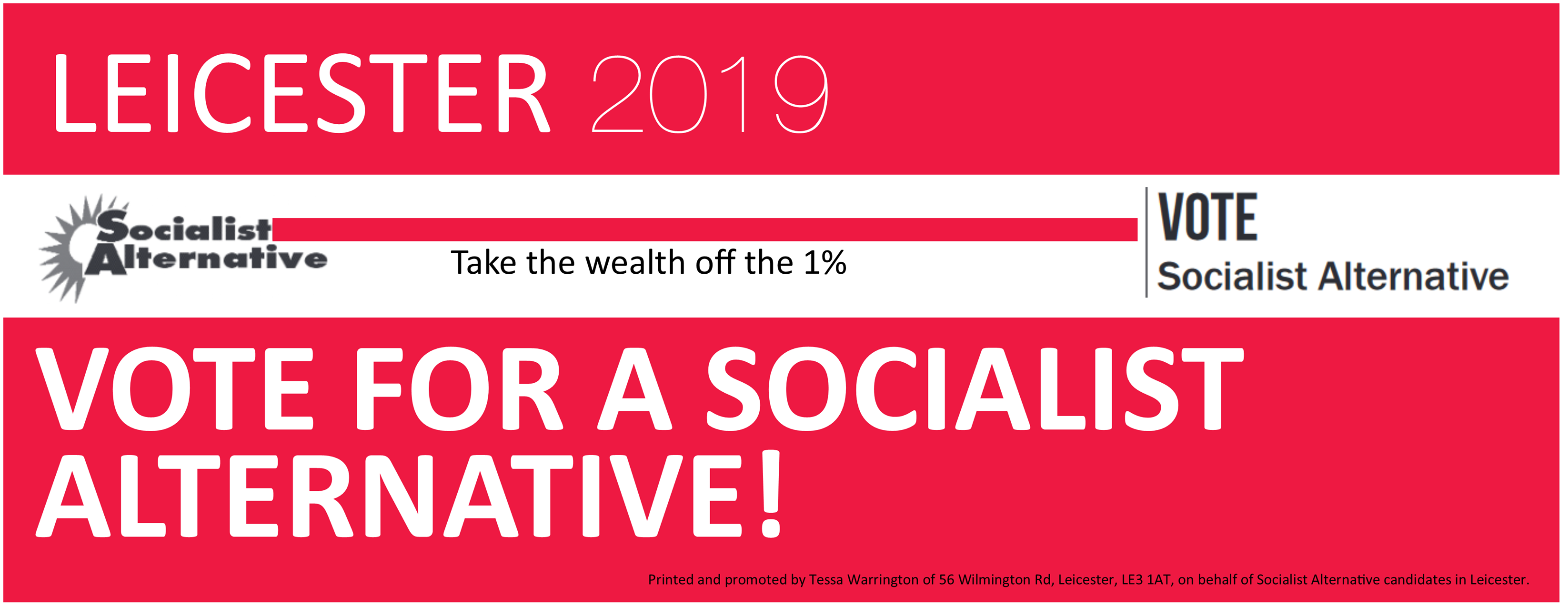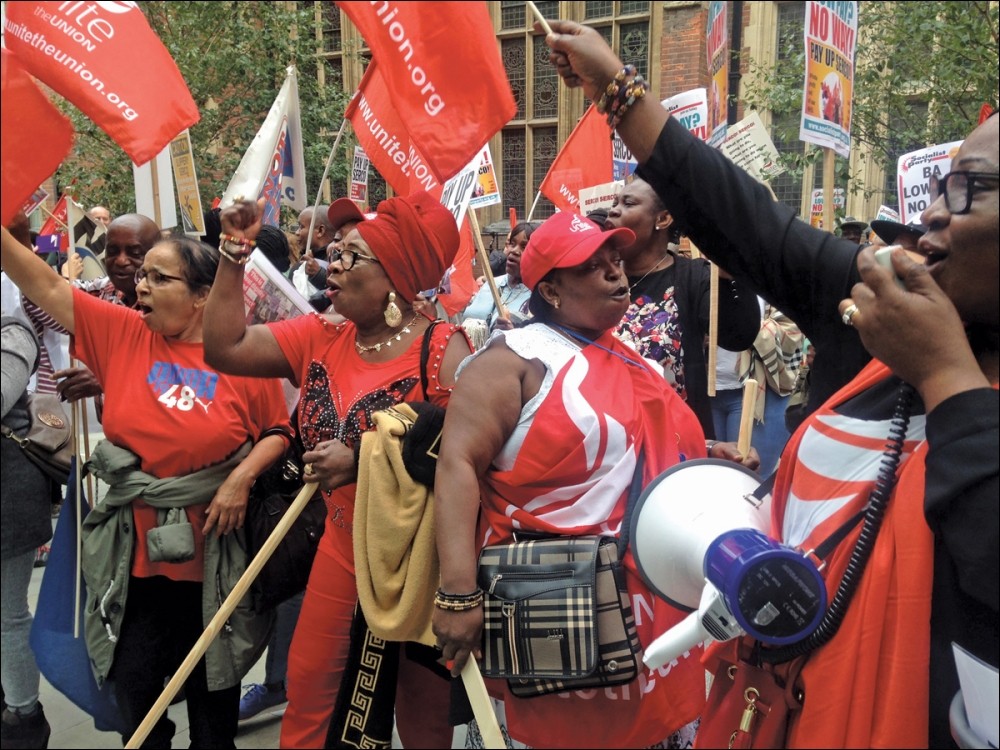Fighting for Equal Pay Today
“The gender pay gap for full-time workers is entirely in favour of men for all occupations”. This is the first line of a report from the Office for National Statistics on the results of the governments’ gender pay gap survey, released earlier this year.
Since 1970 and the passing of the Equal Pay Act into law, it has been illegal to pay women less than men for the same job, but in practise it still happens.
Recent high profile cases of women actors in Hollywood and at the BBC have highlighted the issue of unequal pay with their male co-stars, but these merely reflect women with a platform representing a problem in all workplaces.
The survey figures, covering 10,000 sizeable employers, show an average gap of 9.8% but stretching to as much as 70% in some individual workplaces.
Last year the World Economic Forum announced that it will take 217 years before women earn the same as men, a whopping 47 years longer than predicted the previous year. It is clear that the situation is getting worse for working class women, not better.
One million public sector jobs have been axed and wages frozen since 2008. This has traditionally been a majority female workforce due to benefits such as flexitime and part-year working, which support women with children staying in employment.
Women now being forced into private sector jobs are more likely to encounter zero-hour contracts and low pay.
The gender pay gap is not only about achieving like-for-like pay for men and women in the same positions but also about the ability of women to access higher paid roles. Women from wealthy backgrounds can afford a good education and childcare but the vast majority of women are working class and they rely upon the state.
Working class
In this way, working class women have much more in common with working class men that they do with female representatives of the super-rich. That is why we look to trade union action and workers’ solidarity to change things today, just as the Ford Dagenham workers did 50 years ago.
The strikes in McDonald’s and TGI Friday’s as well as the upcoming pay ballot of civil servants by the PCS union show the potential for building a mass movement against low pay.
But the Socialist Party doesn’t just fight for women’s equality with working class men who also suffer exploitation and attacks from the bosses. We fight to shake off the shackles of inequality created by capitalism completely – not to settle for second best but fight for a socialist world.



